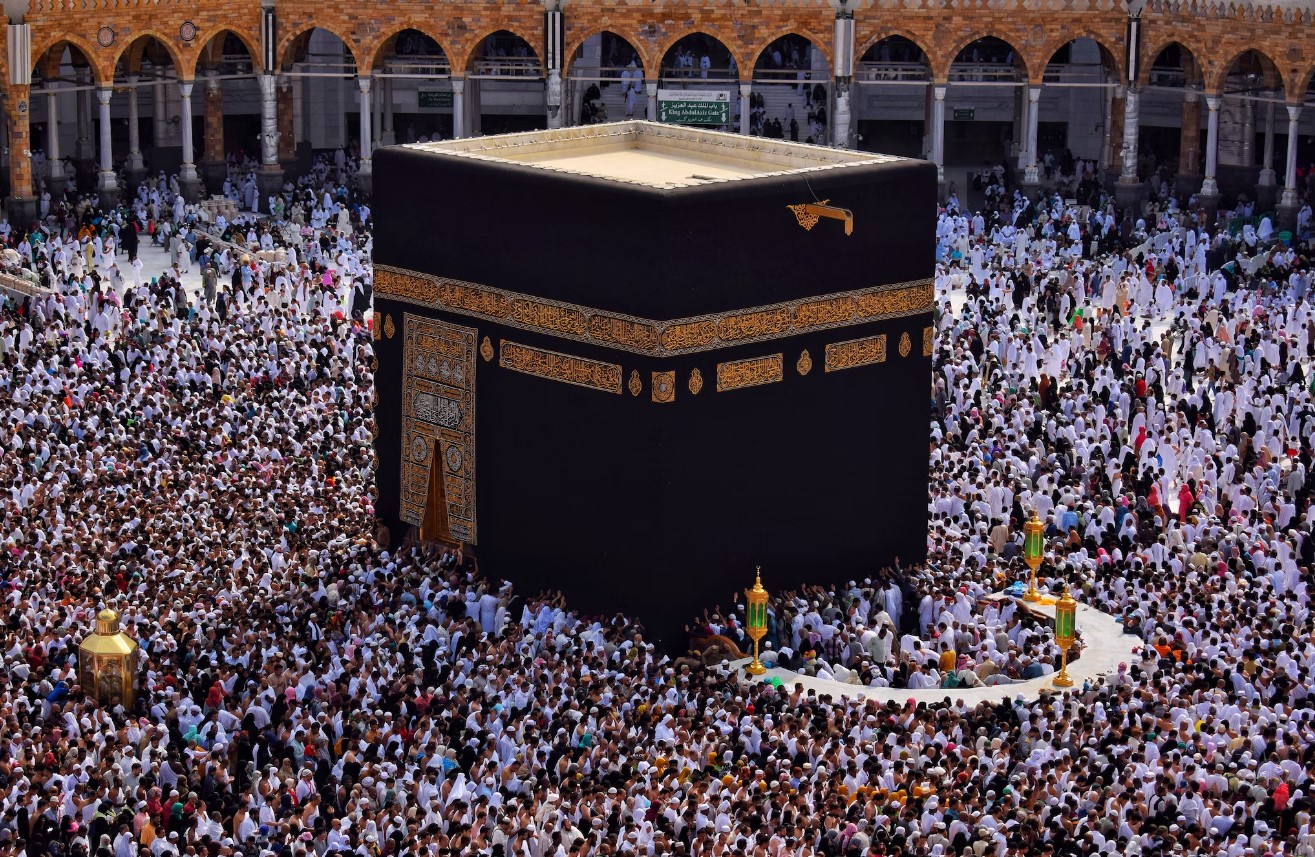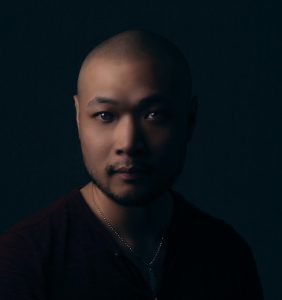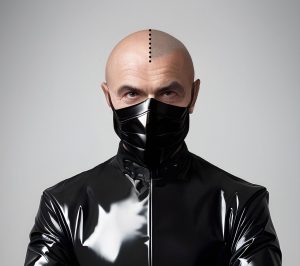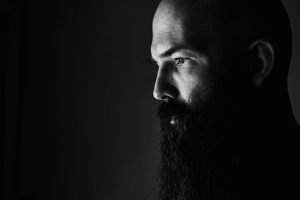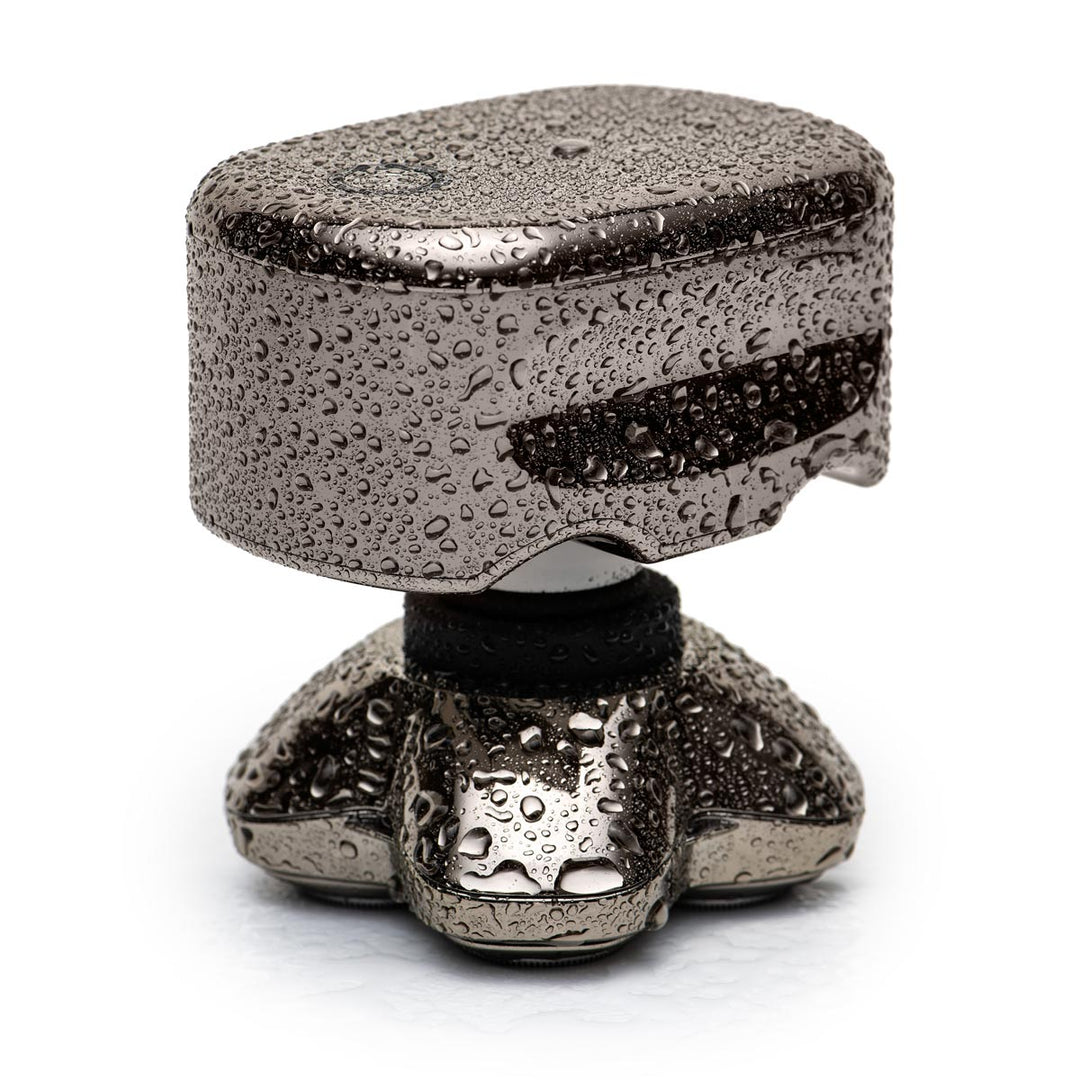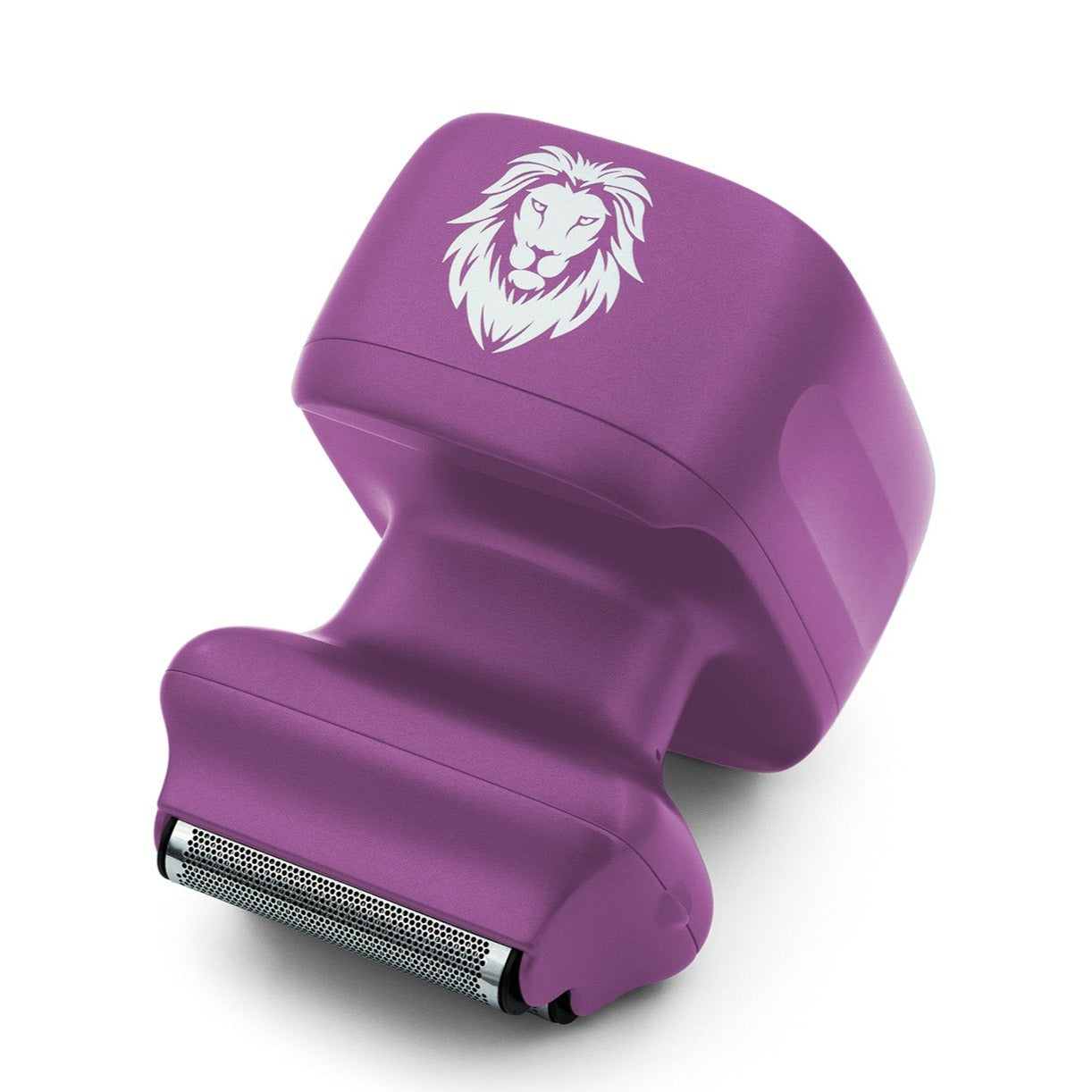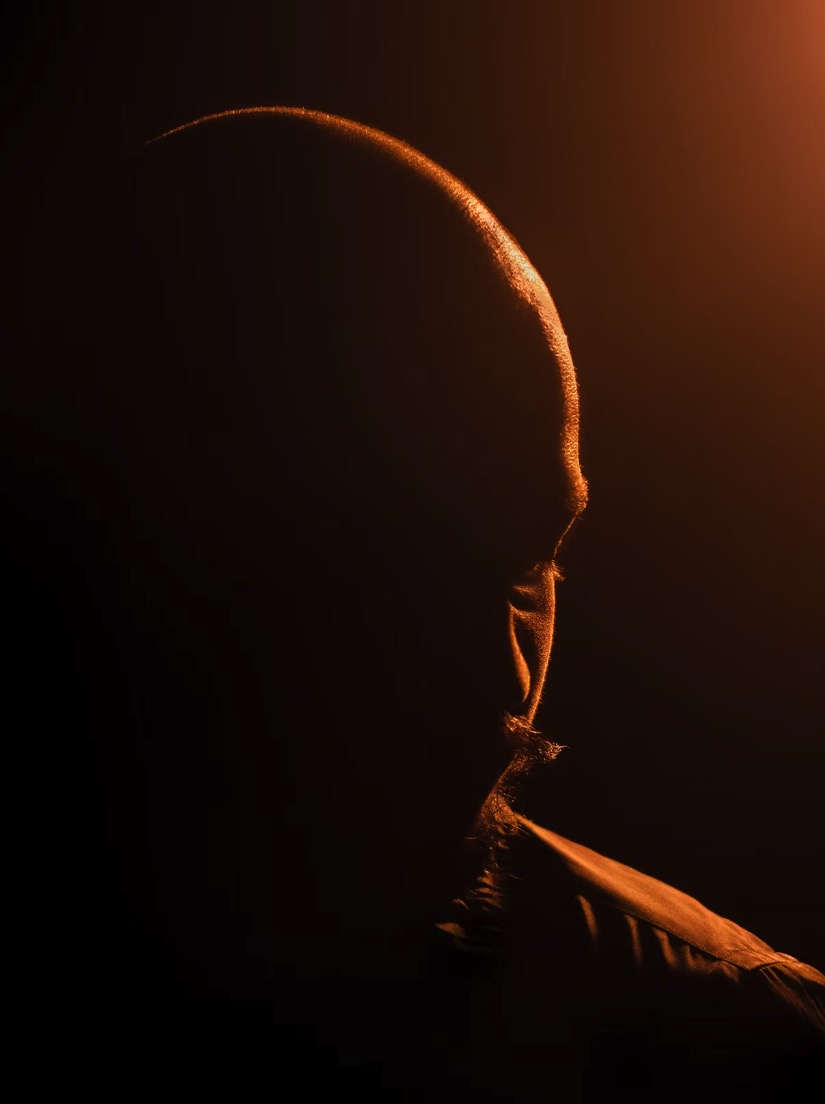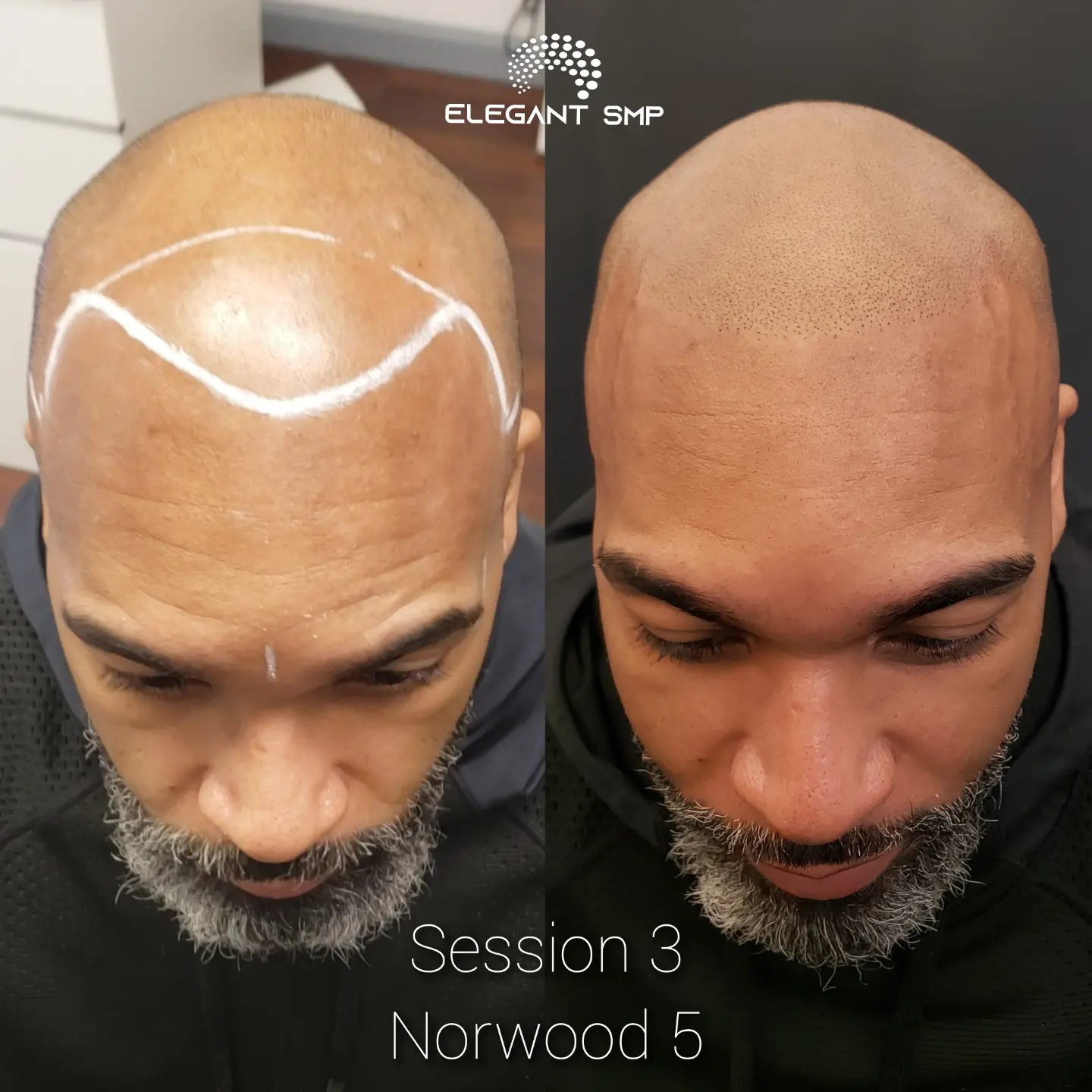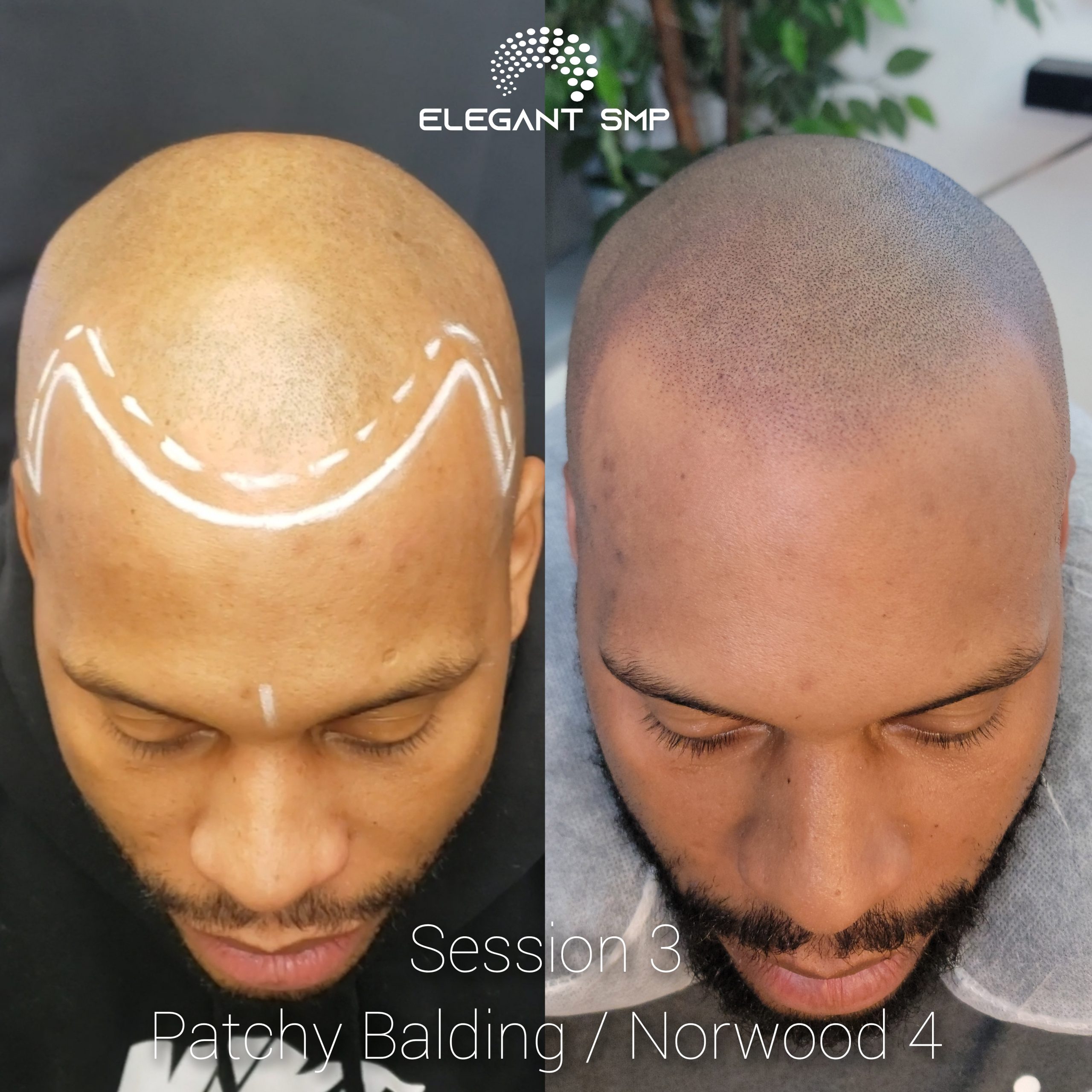Hair is considered a symbol of power, beauty, and virility in many cultures, including that of Islam. Hair loss, however, can have a detrimental impact on a person’s self-esteem and confidence, leading them to consider alternative hair restoration solutions such as scalp micropigmentation (SMP). But is SMP permissible under Islamic principles? The short answer is, yes it’s fine. In this article, we will examine the compatibility of SMP with Islamic beliefs and provide guidance for those considering this hair loss solution.
Table of Contents
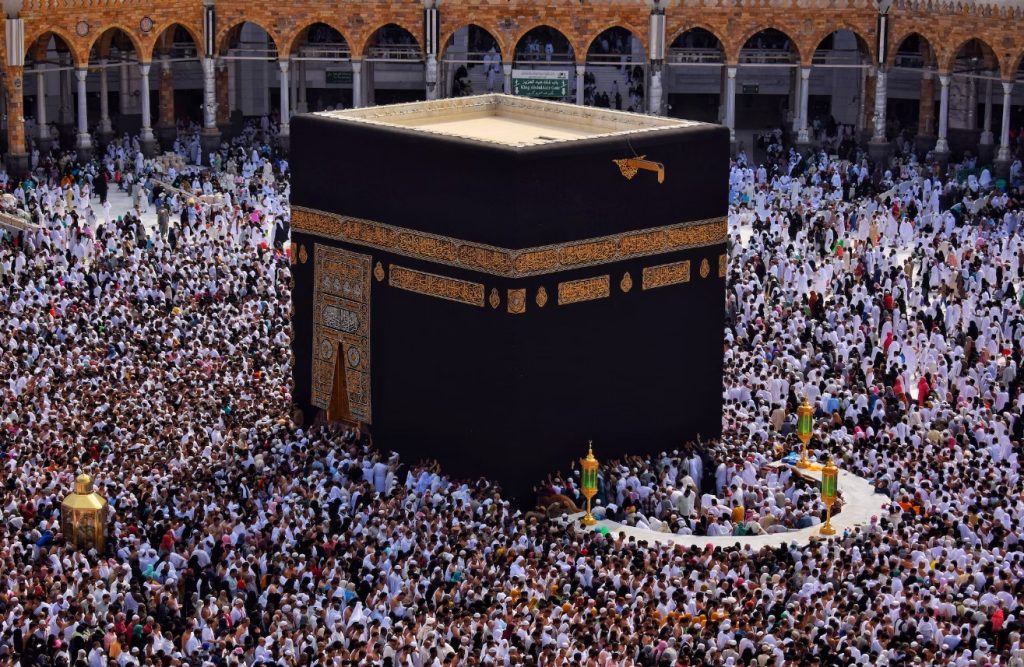
Understanding Haram in Islam
Muslims are required to adhere to the teachings of the Quran, which outlines both halal (permissible) and haram (forbidden) practices. Activities such as consuming alcohol, viewing pornography, participating in gambling, and consuming pork products are considered haram or forbidden in Islam. In addition, tattoos are generally viewed as haram due to the belief that modifying one’s body through permanent tattoos is against the natural form that Allah has created.
Furthermore, the tattooing process involves unnecessary pain and carries the risk of infection. Additionally, tattoos are viewed as a form of deception, as they conceal the original appearance of the body. However, some body alterations are permissible under Islam, provided they are not permanent and serve a valid purpose. For instance, piercing ears, dyeing hair, wearing contact lenses, and receiving dental treatments are allowed if considered necessary and not vain acts.
No products found.
SMP and Its Compatibility with Islamic Principles
As previously mentioned, SMP is a restoration process that aims to give the illusion of a closely shaved head rather than a permanent alteration. Therefore, it is deemed by some Islamic scholars as halal. In 2016, the European Council for Fatwa and Research ruled on the issue of SMP and its compliance with Islamic principles, concluding that it is permissible as a treatment for hair loss, as it is considered a remedy for an ailment.
Additionally, the ruling drew a parallel between the treatment of baldness and other permissible medical interventions, such as coloring or hair transplantation. Although the ruling is not considered binding for all Muslims, it provides a clear framework for those who wish to explore SMP as a viable option for hair restoration.
No products found.
Physical Appearance and Islamic Beliefs
According to Islamic beliefs, physical appearance should be kept clean, maintained, and modest. This principle should not be regarded as vanity since it is viewed as part of personal hygiene and good health. SMP can enhance the appearance of individuals who have experienced hair loss, resulting in a boost to their confidence and overall well-being. Although the application of SMP may not be considered mandatory, it is still regarded as an acceptable option for those who wish to restore their hairline and feel more comfortable with their appearance.
No products found.
Cultural Significance of Hairlines
Hairlines hold a cultural significance across various cultures globally. In many cases, hairlines are associated with masculinity, femininity, aging, and identity. With the advent of SMP, individuals who have experienced hair loss issues can still maintain their identity by framing their face with a restored hairline. In a previous article on Elegant SMP, we explored the cultural significance of hairlines and how SMP can provide solutions to many hair loss-related issues.
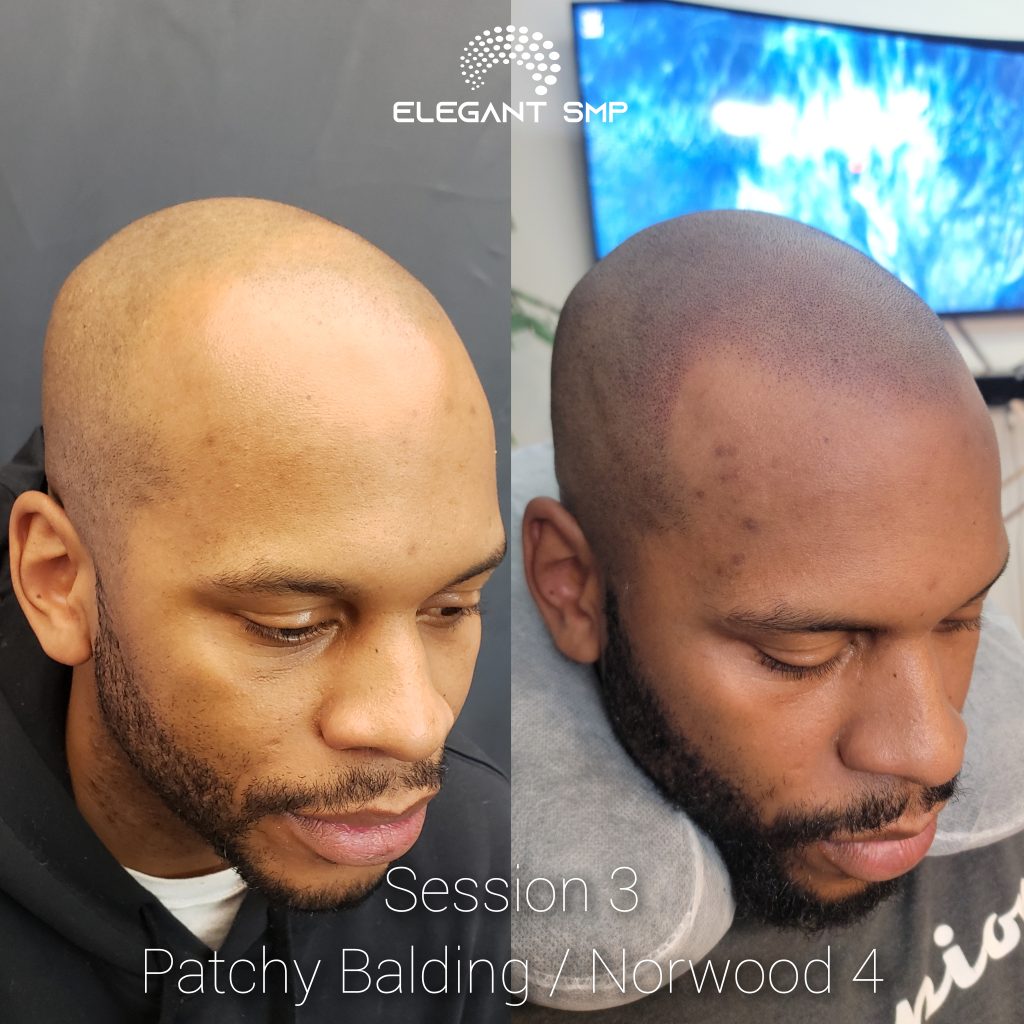
Our Approach at Elegant SMP
At Elegant SMP, we acknowledge the cultural and religious sensitivities surrounding SMP and its compatibility with Islamic teachings. We understand the importance of examining every aspect of SMP before deciding whether it is a viable option for our Muslim clients. We take the time to explain every detail of the SMP process and how it may affect our clients’ overall appearance.
During our consultation process with our lead technician, Tommy, we strive to answer every inquiry respectfully, and with utmost consideration of our clients’ cultural and religious beliefs. Given our experience and expertise in SMP, we can guide our clients in making informed and educated decisions regarding hair restoration concerns.
Conclusion - Final Thoughts
SMP has been gaining momentum globally as a viable solution for hair loss issues. However, for Muslims, their religious beliefs may give rise to questions regarding the permissibility of SMP. As discussed, SMP may be permissible under Islamic law as it is considered a restoration process rather than a permanent alteration to the body. At Elegant SMP, we approach SMP with regard to the cultural and religious beliefs of our clients, ensuring that they are informed and supported throughout every step of the SMP process.
If you are considering SMP and would like to explore its compatibility with your cultural and religious beliefs, we encourage you to schedule a consultation with our lead technician, Tommy. At Elegant SMP, we remain dedicated to providing all our clients with natural-looking and undetectable SMP treatments, ensuring that you can rest assured that you are receiving the best care possible. While you are here, make sure to visit our recommended places to visit while you’re in our beautiful and unique city, Buffalo, NY.

